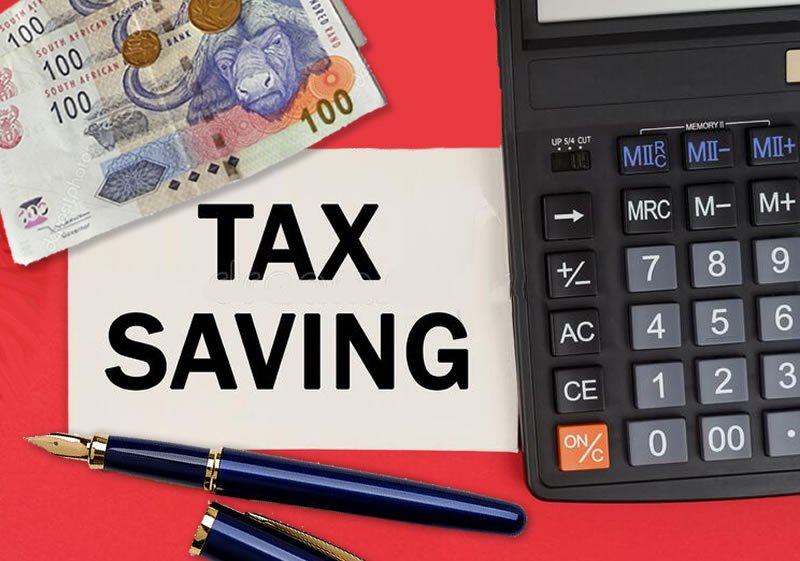5 ways to save on tax
For most people, paying tax is a ‘grudge’ spend. Particularly in South Africa, where the Zondo commission exposed state corruption, leaving many citizens feeling disillusioned.
Nevertheless, if you earn any kind of income, it is your responsibility to pay tax. Failing to do so is illegal, and can land you in very hot water indeed. This includes evading tax by not fully disclosing income or assets, or understating company profits.
Just because you’re a pensioner doesn’t mean you don’t have to pay tax. Depending on your income, you could still be liable.
If you are receiving a pension, but still working, ask your employer to include your monthly pension when calculating your PAYE. This will save you having to pay in a lump sum when you file your return.
Penalties for attempting to cheat SARS are serious and costly. But, there are ways to legally reduce your tax burden:
Contribute to a retirement fund
South Africans are notoriously bad at saving … particularly for their retirement. Which is why only 6% of us can afford to retire comfortably. Add to this the fact that SARS will reward your contribution to a retirement fund by charging you less tax – effectively helping to fund your golden years – and you have two very good reasons to start saving now!
By choosing either a retirement annuity or provident fund, you can save up to 27.5% of your taxable income, up to a maximum of R350 000 per year. If you already have retirement savings, consider upping your contribution. It’s probably the last thing you think of when you receive your Christmas bonus. But transferring at least some of the money into your retirement savings could mean less tax to pay now. Plus you’ll enjoy a more comfortable retirement when the time comes!
Join a Medical Aid Scheme
Again, the government prefers you to stay fit and healthy – and reduce the strain on government health services. So, SARS will reward you by reducing your tax if you contribute to a registered Medical Aid Scheme. Regardless of your income, you receive a fixed monthly tax credit (currently R319) as the primary medical aid member. If you have dependents on your plan, you’ll earn additional credits for each one.
Donate to charity
Many non-profits with Public Benefit Organisation (PBO) status provide services that would otherwise have to be funded by government. Think old age homes, children’s homes, skills training or educational entities, and so on. Donations to these organisations are tax deductible up to a maximum of 10% of your taxable income.
In order to claim on your tax, you will need to obtain a Section 18A tax certificate from the organisation/s you supported during the year. If you have made a donation to Tafta this tax year, and not yet received your certificate, please contact us.
Making a donation to your favourite cause, rather than paying more tax, is good for your soul as well as your pocket. Wouldn’t you rather spend the money helping someone in need, like an old age pensioner struggling to survive on less than R2 000 per month? Imagine what joy your donation can bring, when it is used to provide good, hearty meals, life-saving medicines, or essential personal hygiene items!
Open a tax free saving account
Speak to your bank to see what options they offer in the way of tax free savings. Look for a savings or investment product that offers tax-free interest, dividends or capital gains earned, so that when you withdraw your savings, you are not liable to pay tax on the growth of your investment.
Tax savings are capped at R36 000 per tax year, as well as a lifetime limit of R500 000. Once you reach this limit, no further investment in tax free savings is permitted.
Claim business expenses for your ‘side hustle’
If you are self-employed or working a second job to make ends meet, SARS allows you to deduct business related expenses from your income. Expenses you can claim include your phone, stationery & office supplies, internet connection, petrol (if you use a car for your business, e.g. you operate as an Uber driver in your spare time), business-related travel, advertising, postage/shipping, etc.
Keep a record of these expenses, together with invoices for purchases made, as proof of business expenses, should these be required.






